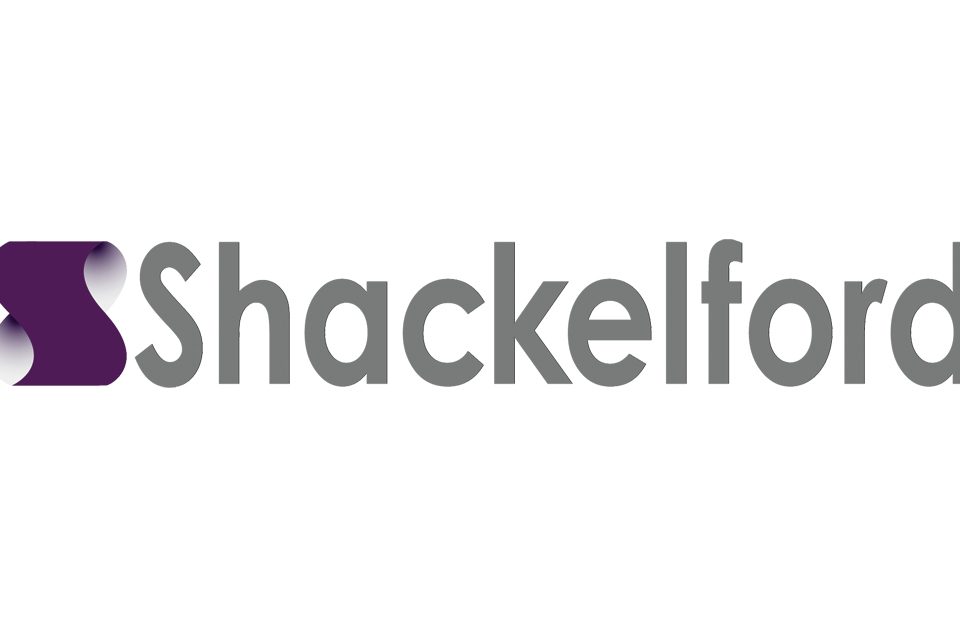An administrative law judge (“ALJ”) recently affirmed the FAA’s assessment of a $4,400 civil penalty against a Part 135 operator for violations of FAR 135.251(a) (now codified at FAR 120.35(a)) and 135.255(b) (now codified at FAR 120.39(a)). In FAA v. M & R Helicopters, Inc. the FAA alleged that an M & R employee performed safety-sensitive tasks for M & R when he was not included in M & R’s random pool for required drug and alcohol testing nor had he set up his own drug and alcohol testing program. Although the employee was also employed by Air Methods, Inc. (“Air Methods”) and belonged to Air Methods’ drug and alcohol testing program, Air Methods forbade its employees from performing any outside maintenance for other operators. M & R denied the allegations and appealed.
At the hearing before the ALJ, it was undisputed that the employee was not covered by M & R’s or his own drug and alcohol testing program. However, M & R argued that since the employee was covered by Air Methods’ drug and alcohol testing program, another one of his employers, this satisfied the requirements under the FARs. The ALJ initially observed that the definition of “employer” requires “an individual performing a safety sensitive function for an employer to be covered either by the employer’s screening program or the program of the contractor (in this case, Air Methods) when the individual is performing work for the employer within the scope of his employment for the contractor.”
Since the employee was not authorized under his employment with Air Methods to perform outside maintenance, he had been working outside the scope of his employment with Air Methods. As a result, the ALJ concluded that absent membership either in the employee’s own drug and alcohol testing program or M & R’s program, the employee was prohibited by the drug and alcohol testing regulations from performing his work for M & R because he was not covered by an authorized drug or alcohol testing program. Consequently, the ALJ assessed a $4,400 civil penalty against M & R.
This case highlights the need for operators subject to drug and alcohol testing requirements to ensure their employees are subject to a program that will cover their work before they perform any safety sensitive functions for the operator. Failure to comply with these requirements may result in significant civil penalties or certificate action. If you are unclear about the requirements contact me to discuss before you do something that could cause you problems with the FAA.



